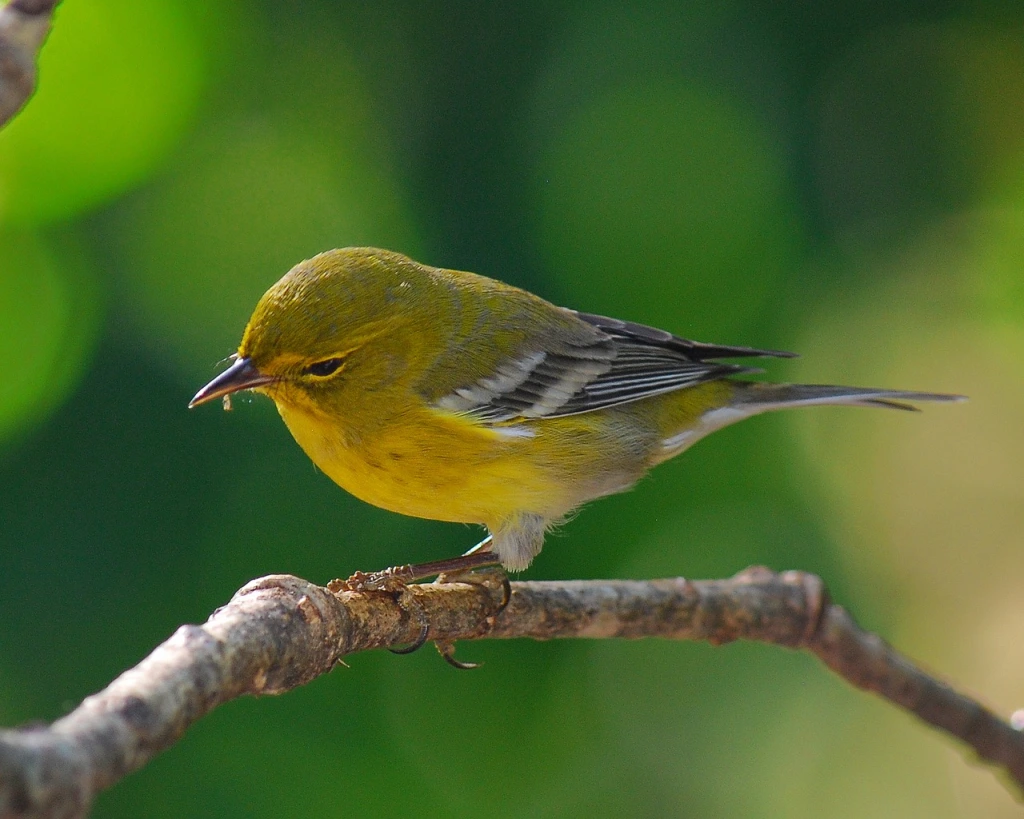Yesterday, we left super-poet Li Bai alone on the porch, drunk, clutching a column, lying in a stupor after a night of revelry and wine. Morning breaks and he comes to his senses, or does he?
Coming to my sense, I see the courtyard
In the midst of the flowers a bird sings
Is it time to ask this question,
In Spring, why does the warbler sing to the breeze?
Li Bai
Words matter
Li Bai, if words matter, and I am told they do, you are playing with us like a musician plays a zither, a sound may mean many things. Imagine Li Bai plopped outside the door as morning comes, pear blossoms are dancing in the wind, a warbler sings.
What does he think?
Poets, like brightly colored prostitutes and whores, ply their trade. They dance and sing, and when the morning comes they rest in bed. Still, a lonely warbler sings, to whom and what?
Yesterday is far away, in fact its gone. Li Bai, our super-star, once the darling of the Imperial court, finds himself on the outside, staring in, singing to the breeze, surrounded by the flowers.
Notes on translation
庭, ting, courtyard
鸣, ming, cry or sing
春风 chūn fēng, as compound word, spring wind; singularly, in spring, the wind
时, shi, the season, or time; a homophone for poem or verse, 诗
莺, ying, a warbler, also possibly a golden oriole
柳莺, liǔyīng, willow warbler; leaf warbler, a colorful bird with yellow markings that nests in spring; literally a prostitute.
Chinese and pinyin
觉来眄庭, 一鸟花间鸣
借问此何时, 春风语流莺
Jué lái miǎn tíng, yī niǎo huā jiān míng
jièwèn cǐ hé shí, chūnfēng yǔ liú yīng












